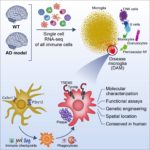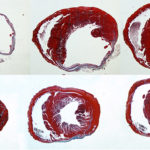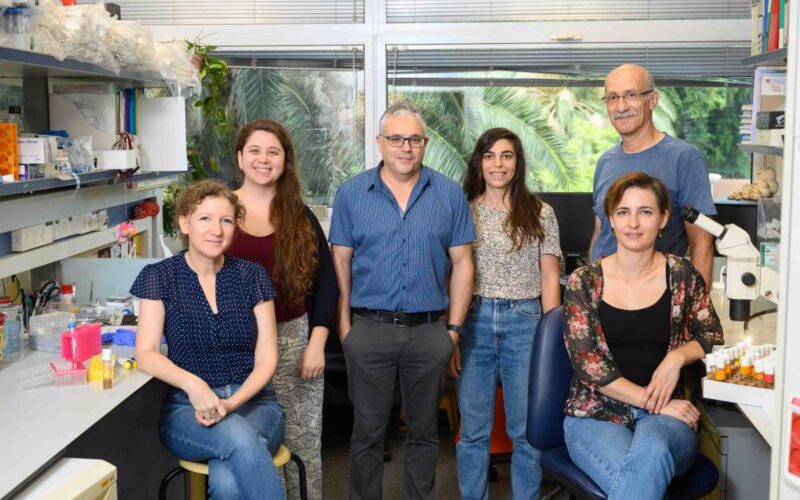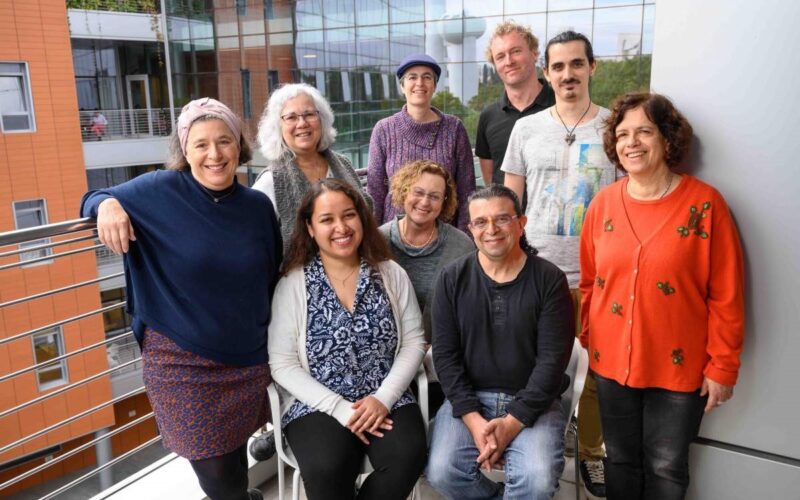
June 12, 2017
Bread occupies a unique place in our diet: it accounts for about one-tenth of the calories many people in the West consume and up to 40% of the caloric consumption in some non-Western countries – more than any other food product. In the past few decades, since white bread has acquired a bad name, bakeries have been going out of their way to produce high-quality whole grain breads. But a new study conducted at the Weizmann Institute of Science and published recently in Cell Metabolism reveals that these “wholesome” choices are not necessarily the healthiest for everyone.
The Weizmann Institute scientists compared two kinds of bread viewed as being on opposite ends of the health spectrum. One was industrial white bread made from refined wheat and considered less healthy. The other was sourdough-leavened bread made in an artisanal bakery from freshly stone-milled whole grain wheat flour and baked in a stone hearth oven: It was prepared specially for the study and was assumed to possess superior properties.
Twenty study participants were divided into two groups and asked to consume large quantities of bread (supplying about a quarter of their caloric intake) for a week. One group ate the white bread, and the other, the “healthy” sourdough bread. After a two-week break, they switched, and for a week the group that had previously eaten white bread ate the sourdough bread, and vice versa.
Tests revealed that eating bread of any kind affected the blood levels of sugar, minerals, liver enzymes and other substances. But when the scientists compared the effects of the two types of bread, they were surprised.
“We were sure that the sourdough bread would come out a healthier choice, but much to our surprise, we found no difference between the health effects of the two types of bread,” said Professor Eran Segal of Weizmann Institute’s Computer Science and Applied Mathematics Department.
“That’s probably because the body’s response to bread is a highly personal matter, so the differences between people in the study averaged themselves out,” said Dr Eran Elinav of the Immunology Department, who headed the study with Professor Segal and Professor Avraham Levy of the Plant and Environmental Sciences Department.
“We planned the experiment so that everyone would consume the same amount of available carbohydrates from both bread types. Because whole wheat bread contains relatively fewer carbohydrates, this meant that people ate more of it compared to the white bread. This difference in carbohydrate levels should also be taken into consideration when planning a diet,” Professor Levy added.
The study showed, for example, that about half of the participants had higher blood sugar levels after eating white bread, whereas the other half had higher blood sugar after eating sourdough bread. It is possible that these different responses were due, in part, to the differences in the individuals’ intestinal microbes – the microbiome. The composition of the microbiome in the people whose response to white bread produced high blood sugar levels differed from that of the people who responded to sourdough bread with high blood sugar.
The scientists developed an algorithm connecting the microbiome’s composition with the person’s response to the type of bread.
“Using this algorithm, we managed to predict who will have high blood sugar after eating white bread, and who will have high blood sugar after eating the sourdough,” said research student Tal Korem, who conducted the study with research student Dr David Zeevi and other team members: Dr Omer Weissbrod, Noam Bar, Maya Lotan-Pompan, Dr Tali Avnit-Sagi, Noa Kosower, Gal Malka, Michal Rein and Dr Adina Weinberger of the Computer Science and Applied Mathematics Department; and Dr Niv Zmora and Jotham Suez of the Immunology Department.






